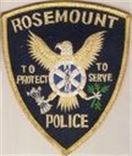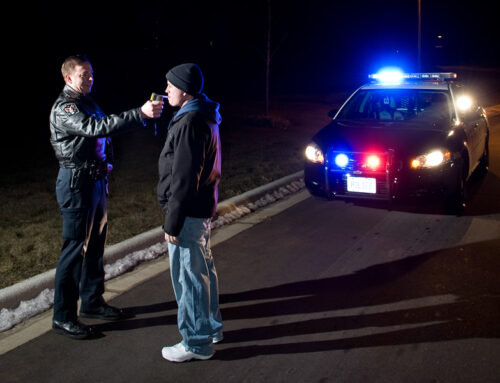Twincities.com reports that an internal review of the Rosemount Police Department found no impropriety in its recent DWI enforcement, despite several complaints by owners of downtown drinking establishments alleging that the police were overzealously targeting its patrons. The owners complained that police officers were stopping drivers for no reason and consequently, scaring away business. One restaurant manager reported that she was stopped five times by the Rosemount Police. WCCO News even conducted its own investigation.
In response to the complaints, Rosemount’s city council ordered a review of nightly traffic stops made between December 2011 and February 2012. Lieutenant Jewel Erickson conducted the review and looked at squad video footage of 333 traffic stops. Of those stops, 265 motorists were given warnings. That’s over 79% of the traffic stops. Ordinarily, 50% of motorists receive warnings and 50% receive tickets or worse according to WCCO.
With respect to trivial stops, the article reports that Rosemount’s Officers “made 18 stops for license-plate light violations, resulting in two arrests; 28 stops for obstructed view, resulting in three arrests; and 14 stops for a suspended object, resulting in two arrests.” Collectively, these three reasons account for 18% of the traffic stops. Generally, police only stop drivers for these reasons late at night, hoping that it leads to a DWI arrest. If the driver has not been drinking, the driver usually gets a warning for such minor infractions.
Minnesota’s driving laws require a functioning license plate light. The driving laws also prohibit any obstructed view of a license plate due to snow, dirt, debris, or even a dealer’s license plate bracket. Obstructed view may also include prohibit stickers and decals that can partially obstruct the back window or windshield of a vehicle. A suspended object violation refers to any hanging object from one’s rear view mirror, which is illegal yet commonplace.
The review found that 10% of all traffic stops between 9 p.m. and 3 a.m. resulted in field sobriety tests being administered. To wit, of the 333 traffic stops, the police asked 35 drivers to perform field sobriety tests, and 26 of those drivers were arrested for suspected DWI.
Despite the overall conclusion of the review, the City of Rosemount did acknowledge that it is making “refinements” to its police procedure and will be patrolling areas outside the downtown district and be focusing on equipment violations that pose the highest risk to public safety.
If anyone thought that your local police department isn’t zealous about stopping drivers at night (especially in the vicinity of drinking establishments), think again. Under Minnesota law, sobriety checkpoints are unconstitutional, but the police are turning trivial traffic stops into de facto sobriety checkpoints. People should be concerned about an erosion of our rights against unreasonable search and seizure. Over the years, the per se standard of alcohol impairment in Minnesota has fallen from a BAC of 0.15 to 0.10 and now 0.08, yet there’s been a marked increase in trivial traffic stops at night, i.e., where there is no evidence of driver impairment based on the individual’s driving conduct. Most would agree that these police practices undermine the public’s confidence in the integrity of law enforcement.





Leave A Comment